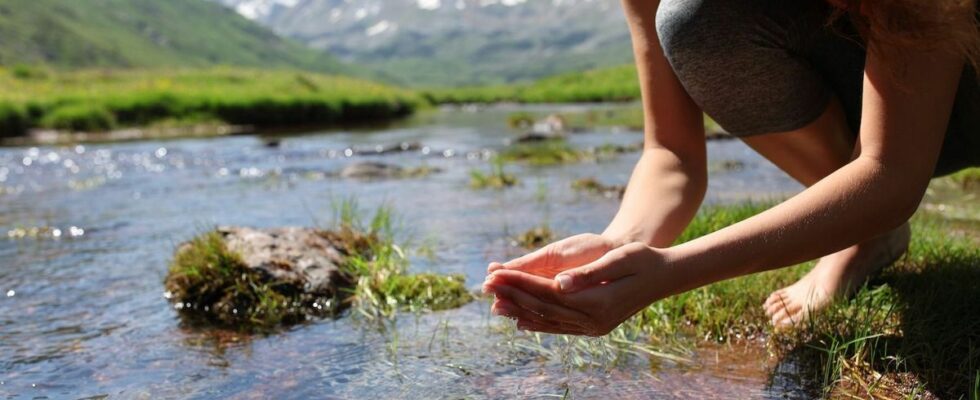Published on
updated on
Reading 2 min.
Do you love swimming in rivers in the summer? Be careful to take a few precautions to avoid any risk of infection.
Summer is here, and with it, the desire to cool off in water sources – such as rivers – is making itself felt. The problem? Unlike swimming pools, river water is completely untreated… and can be contaminated. Here are some tips from a swimming professional, interviewed by BBC Science Focusto avoid potential infections.
Choosing your swimming spot carefully
Before you go, check local water quality information. Local authorities, nature parks and tourist offices often publish reports on rivers and other waterways, including pollution levels and possible health warnings.
In France, this information is all grouped together in a free application called “River Quality“.
Other good reflexes to adopt? According to David Werner, water and sanitation expert, you should avoid swimming downstream from a treatment plant and prefer large rivers to small ones, because substances are better diluted there thanks to their greater volume of water.
Check the weather
We all enjoy swimming in good weather. However, it is wise to take into account the local weather, but also that of the previous days, to avoid any unpleasant surprises.
In fact, after rain, it is not recommended to swim because the precipitation can cause the sewers to overflow, which can lead to spills into rivers and other nearby bodies of water.
Runoff (especially from roads and roofs) can also carry dangerous pollutants such as hydrocarbons, heavy metals and chemical residues into waterways.
So just one piece of advice: keep an eye on the weather!
Keep your mouth shut
The excrement of sick people bathing in rivers can be a vector for the spread of diseases. Pathogens present in their excrement can contaminate the watercourse and increase the risk of infections (gastroenteritis, salmonellosis, leptospirosis, etc.) and/or skin problems.
Algae or toxic waste from factories may also be present.
To reduce these risks, it is recommended to keep your head above water and your mouth closed.
You have now been warned!
